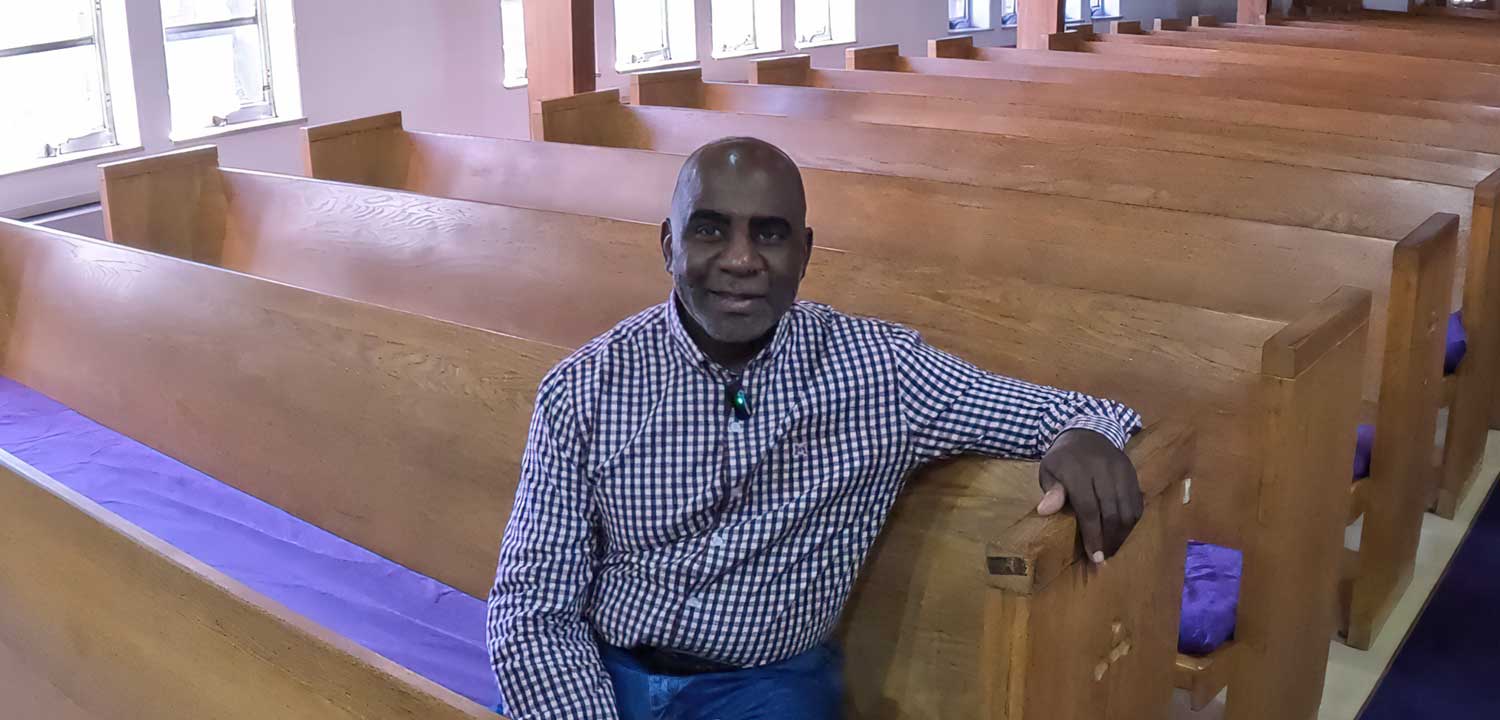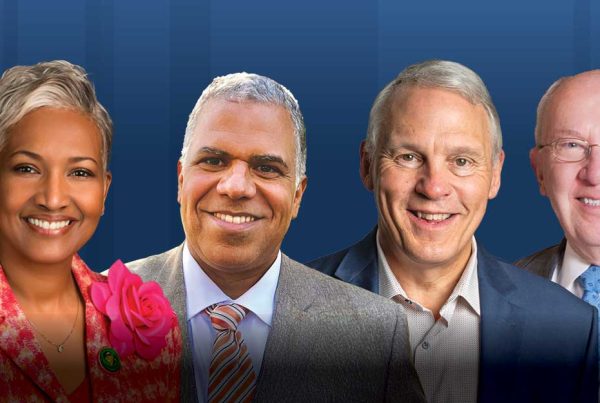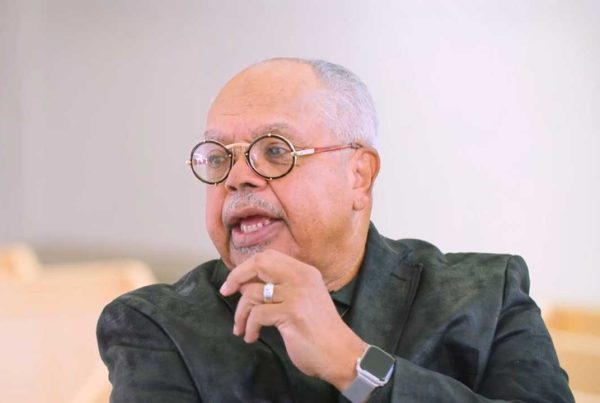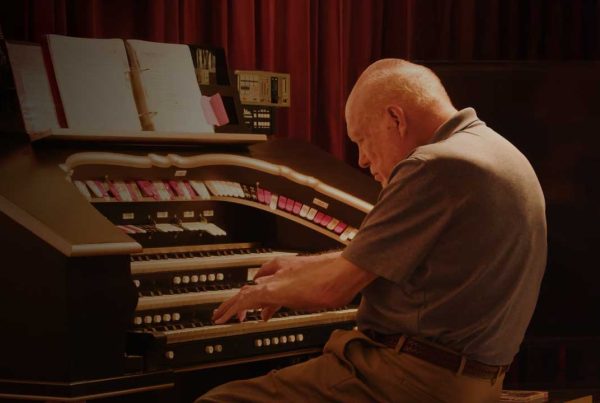Why CTS: Charles Wesley Thurman, Sr. (MTS ’99)
As Christian Theological Seminary (CTS) approaches its centennial anniversary, we embark on a series of stories celebrating its rich history and the impact it has had on its students and the broader community. In this installment, we sit down with a CTS alumnus who shares his journey of choosing CTS for his seminary education and how it has shaped his life and ministry.
Choosing the right seminary is a significant decision, one that sets the course for a future dedicated to ministry and service. For Pastor Charles Wesley Thurman, Sr. (MTS ’99), the decision to attend CTS was rooted in a combination of factors that made this institution stand out. Pastor Thurman serves as the Senior Pastor at Liberation AME Zion Church in Indianapolis. His decision to attend CTS laid the foundation for his ministry, leadership, and theology.
Reflecting on his time at CTS, Thurman fondly remembers the campus as “great” and “intimate.” However, what truly made CTS special for him were the professors. He describes them as not just knowledgeable but also deeply committed to their students’ success. They were approachable, available, and genuinely interested in nurturing their students’ growth.
One of the highlights of his CTS experience was how it challenged his theology. CTS didn’t seek to impose a particular doctrine but encouraged students to find consistency in their beliefs. It fostered an environment where preconceived notions were examined, and students learned that there was always more to discover. Thurman says, “I left differently than when I walked in. CTS doesn’t have this preconceived agenda that it’s pushing out to shape your theology, but it allows you to come to conclusions based on what you’re learning in class, and it pushes you to be consistent in what you believe, not all over the place.” CTS was a place where he left with a deeper understanding of God, theology, and the world.
Diversity is another hallmark that made CTS exceptional for Pastor Thurman. The seminary’s commitment to diversity meant that students were exposed to a wide range of perspectives, challenging them to see all people and understand God in new ways. It was this dedication to inclusivity that he believes is essential, especially in a world filled with challenges and prejudices.
His journey at CTS extended far beyond the classroom. His thesis on “authentic witness within the community” evolved into a book that shaped not only his ministry but also influenced other churches within his denomination. CTS had equipped him to live out his theology, bridging the gap between belief and practice. His experience at CTS laid the foundation for the work he now does through his church to meet community needs. Liberation AME Zion Church doesn’t just hold Sunday services – they listen to the needs of their community and respond to meet those needs. “When Jesus was calling his disciples, he did not preach to them the Gospel of Jesus Christ first, he didn’t even preach to them about God. He said let me meet your need. Cast your nets overboard, bring up the fish. He had their attention. And so this ministry is shaped that way – it seeks to get your attention by meeting those needs. Someone might say, ‘I can’t hear you because my stomach is growling too hard.’ If I can calm your stomach down from growling, maybe you can hear me. That is the spirit of this ministry – to meet the needs of the people on every level in the best way we can, and to let them know God loves you just as you are, and he wants through this experience he has with you to move you towards that level of wholeness as we try our best to meet all the needs of this community,” shares Thurman.
In a world that is constantly changing, the church must adapt to meet the existential needs of its congregation. This is where Rev. Thurman believes CTS’s influence shines through. “The church has to change the way it meets the needs of the people. God is consistent, we’re just inconsistent. We have to see all the people. We have to have a ministry that meets existential needs,” Thurman says. By teaching students to meet these needs and alleviate suffering, CTS equips its graduates to serve as agents of God’s transformation in the world.
For those considering CTS, his message is clear: take that leap of faith and let your experiences validate your decision. He encourages prospective students to embrace the openness that CTS offers, allowing their experiences to shape their theology and how they perceive the world. The journey may be challenging, but it’s undoubtedly worth it.
As CTS approaches its 100th anniversary, stories like these remind us of the institution’s enduring commitment to nurturing consistent theology, embracing diversity, and equipping its graduates to transform the world through ministry and service.






